He had announced it in our columns, taking everyone by surprise.
"I am for justice to be now fully filmed and broadcast", launched the Minister of Justice, Eric Dupond-Moretti, questioned by our readers last September.
Six months later, the promise is in the process of being kept, since provisions to this effect appear in the bill "for confidence in the judicial institution", presented this Wednesday by the Minister of Justice in the Council of Ministers .
Who are the audiences concerned?
A priori all, criminal and civil.
The text provides for authorizing such capture "for reasons of public interest".
“There will be prior targeting of audiences.
The choice will be the subject of a double validation by the Chancellery and by the court ”, explains one to the ministry.
There will therefore not be cameras permanently in all the courts of the country, but recordings on a case-by-case basis.
Place Vendôme, we insist on the educational dimension of such a reform.
“The French know very little about the functioning of the judicial institution and this ignorance contributes to the mistrust of which it is the object.
The will of the Minister is to deconstruct prejudices by showing justice in his daily life and the difficulty that there is to judge ”, we advance in the entourage of Eric Dupond-Moretti.
VIDEO.
Éric Dupond-Moretti, a star of the bar at the helm of justice
What are the guarantees ?
Several precautions were taken to amend the 1881 press law.
Thus, the hearings can only be broadcast once the final decision has been made, that is to say at the end of the appeal or of a possible cassation appeal.
In addition, those involved in the trial will have to give their prior consent for the dissemination of their image and identity.
"The people tried and plaintiffs as well as the witnesses heard during the hearing can retract this consent after the hearing", adds the text.
The recording of non-public hearings (divorces, children's judge, etc.) is only possible with the prior agreement of the parties.
Finally, the project provides for a right to be forgotten, five years after the first broadcast.
"With all these safeguards, we protect ourselves from falling into trash or voyeurism," argues the ministry.
What is planned for the broadcast?
It is in no way intended to broadcast live images (except for the very specific case of public hearings before the Council of State or the Court of Cassation).
“We are discussing with the channels.
The idea is to use these images as part of a program dedicated to justice, specifies the Chancellery.
We want a meeting focused above all on decryption and pedagogy.
According to the ministry, this project also has the advantage of being painless on the budget.
“The recording costs will fall on the broadcaster,” it is argued.
What do the actors in the legal world think?
Opinions are mixed.
"We are very reserved," confides Ludovic Fiat, the general secretary of the Union Syndicale des Magistrates (USM, majority).
In particular, we are opposed to the recording of non-public hearings.
As for the public hearings, the draft is not precise enough.
For example, we do not yet know who will decide to film a particular trial;
it also appears that the magistrates will not be able to refuse.
"
"The text provides that the president can suspend the recording if it is undermined
" the good progress of the procedure or the debates "
or
" the free exercise of their rights by the parties and the registered persons "
, he continues. .
However, these concepts are too vague and there is a risk of creating incidents.
But for this former president of immediate appearance, the presence of the cameras risks especially to change the way of being actors of the trial.
“Some will overplay when others will be inhibited, fears Ludovic Fiat.
In the end, we mostly have the impression that it is a communication operation.
"
Parisian lawyer and member of the association for the defense of criminal lawyers (ADAP), Me Romain Boulet says he is "formally opposed to the project".
“The intention to bring justice closer to citizens is commendable and I share the observation that the French have no idea what is going on in a courtroom.
But I don't think television is the right tool.
The cameras will inevitably change the behavior of the actors in the trial.
It will not calm the debates, on the contrary, argues the lawyer.
Moreover, a judicial decision is the culmination of a long process and I fear that the recording gives only a truncated view.
Finally, I find it difficult to see how, in practice, we will respect the privacy of litigants and the presumption of innocence.
"
The evolution of justice 2.0
Some of his colleagues are more enthusiastic.
"If all the guarantees of protection are respected, I am not against," says Eric Morain, lawyer at the Paris bar.
After specialized blogs and Twitter accounts, this development is part of justice 2.0.
It is an additional educational effort even if the best reform would be to make compulsory the learning of the functioning of justice in college and high school.
"
READ ALSO>
The trial of the Charlie Hebdo and Hyper Cacher attacks filmed for History
Morning essentials newsletter
A tour of the news to start the day
Subscribe to the newsletterAll newsletters
Me Caty Richard, lawyer at the Pontoise (Val-d'Oise) bar, is totally in favor. "Perhaps the cameras will prevent some magistrates - but also lawyers - from behaving badly, launches this experienced criminal lawyer. It is necessary to see how certain judges address the defendants, the victims, the experts… In addition, from the moment when justice is rendered in the name of the people, it should have nothing to hide. I do not believe in the risk of a show justice, because those who would like to play smart would be ridiculed. On the contrary, it might give the hearings a certain hold. And then filming the trials would allow everyone to have an informed opinion. Today everyone is talking about the conviction of Nicolas Sarkozy, but there, at least, it would be based on a form of reality. "



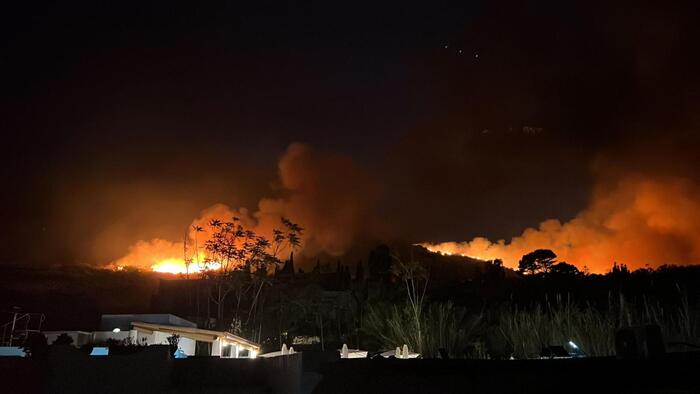
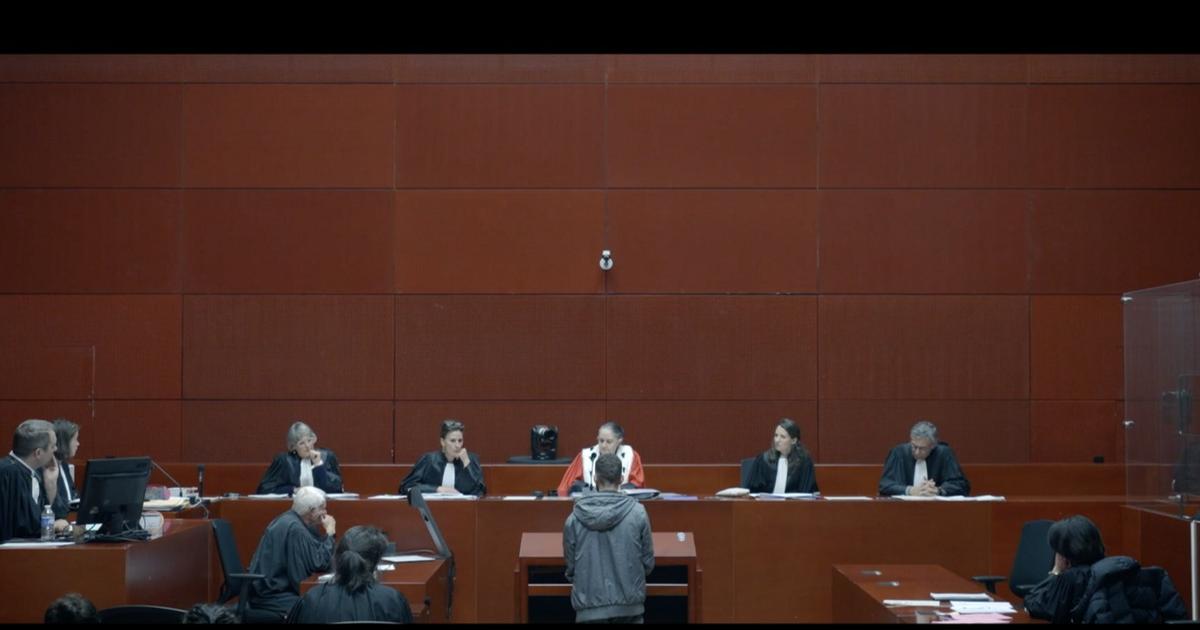
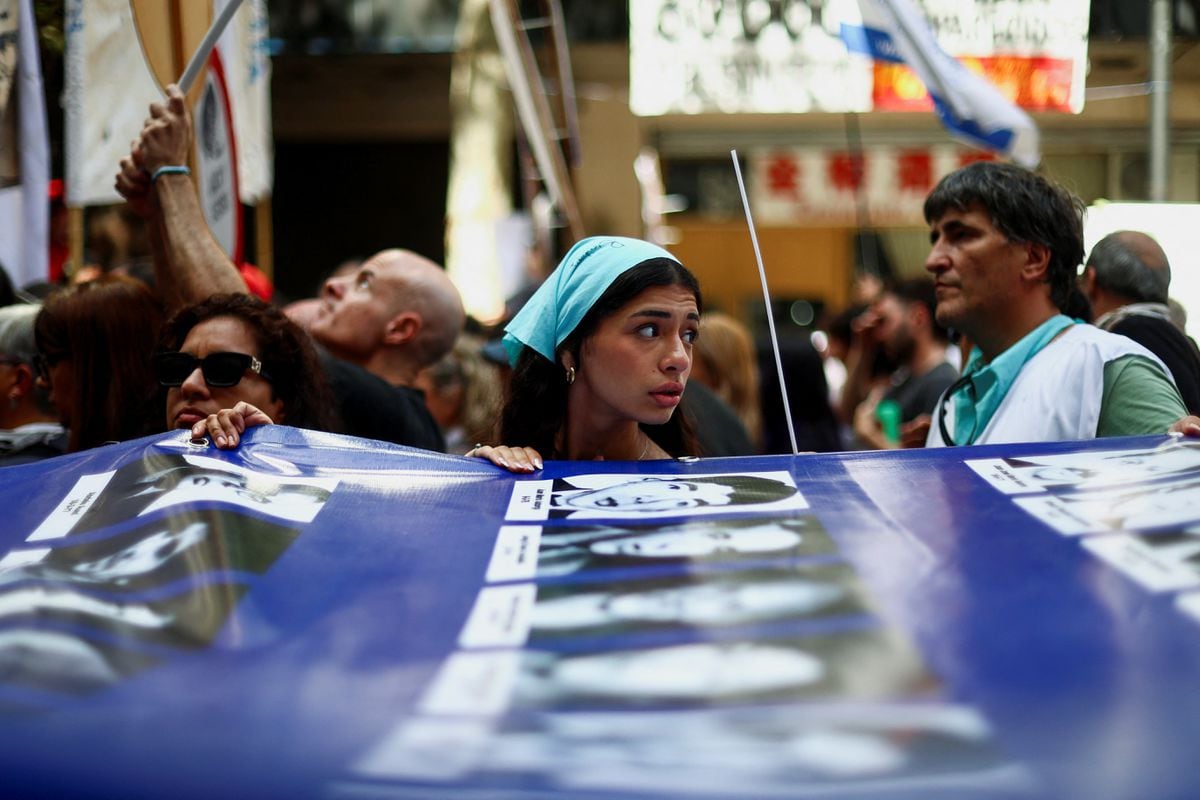
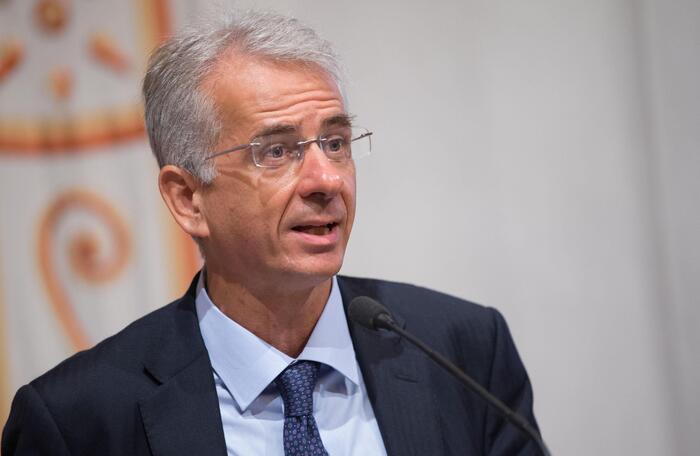
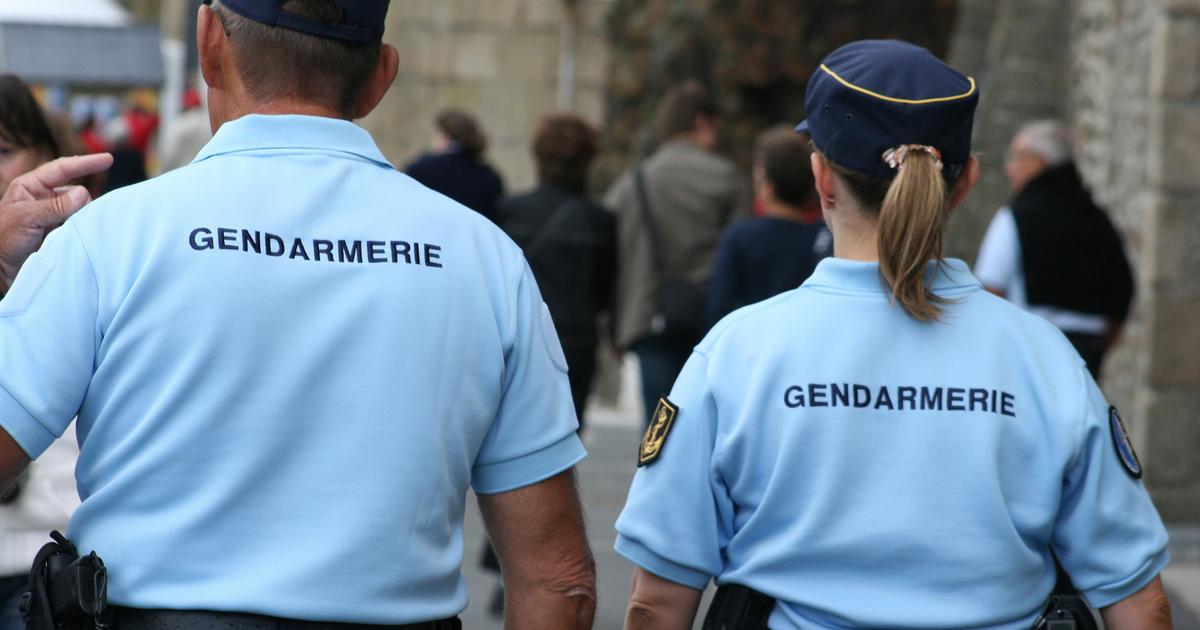
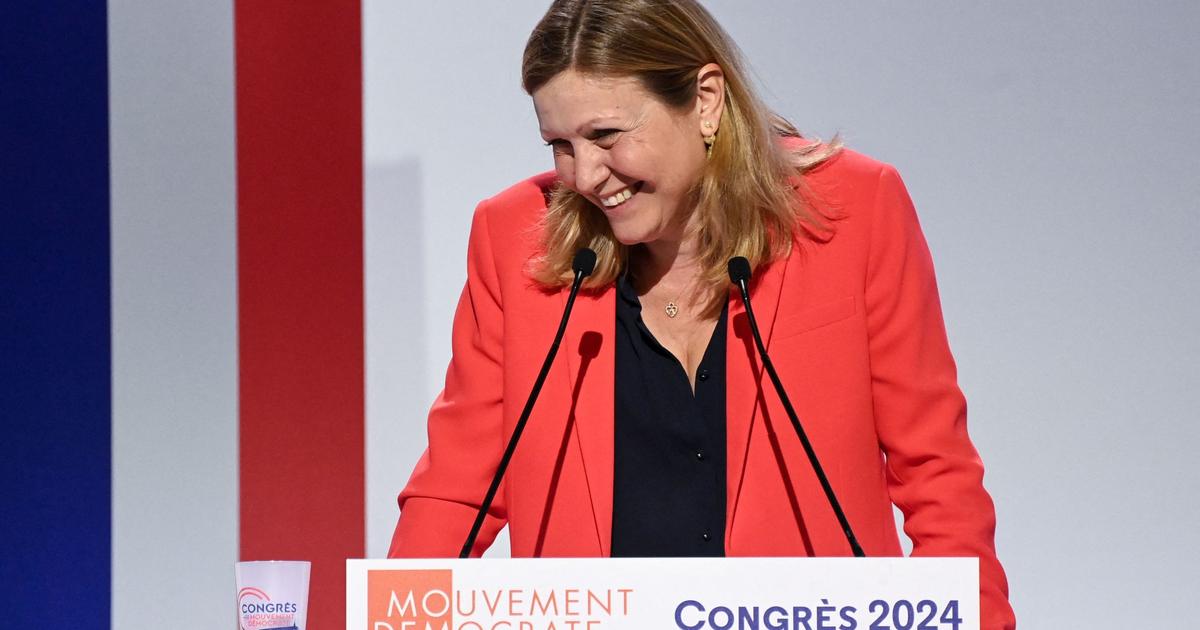
/cloudfront-eu-central-1.images.arcpublishing.com/prisa/L7UV6HYZSBFUVLBENBP3VQG5QI.jpg)